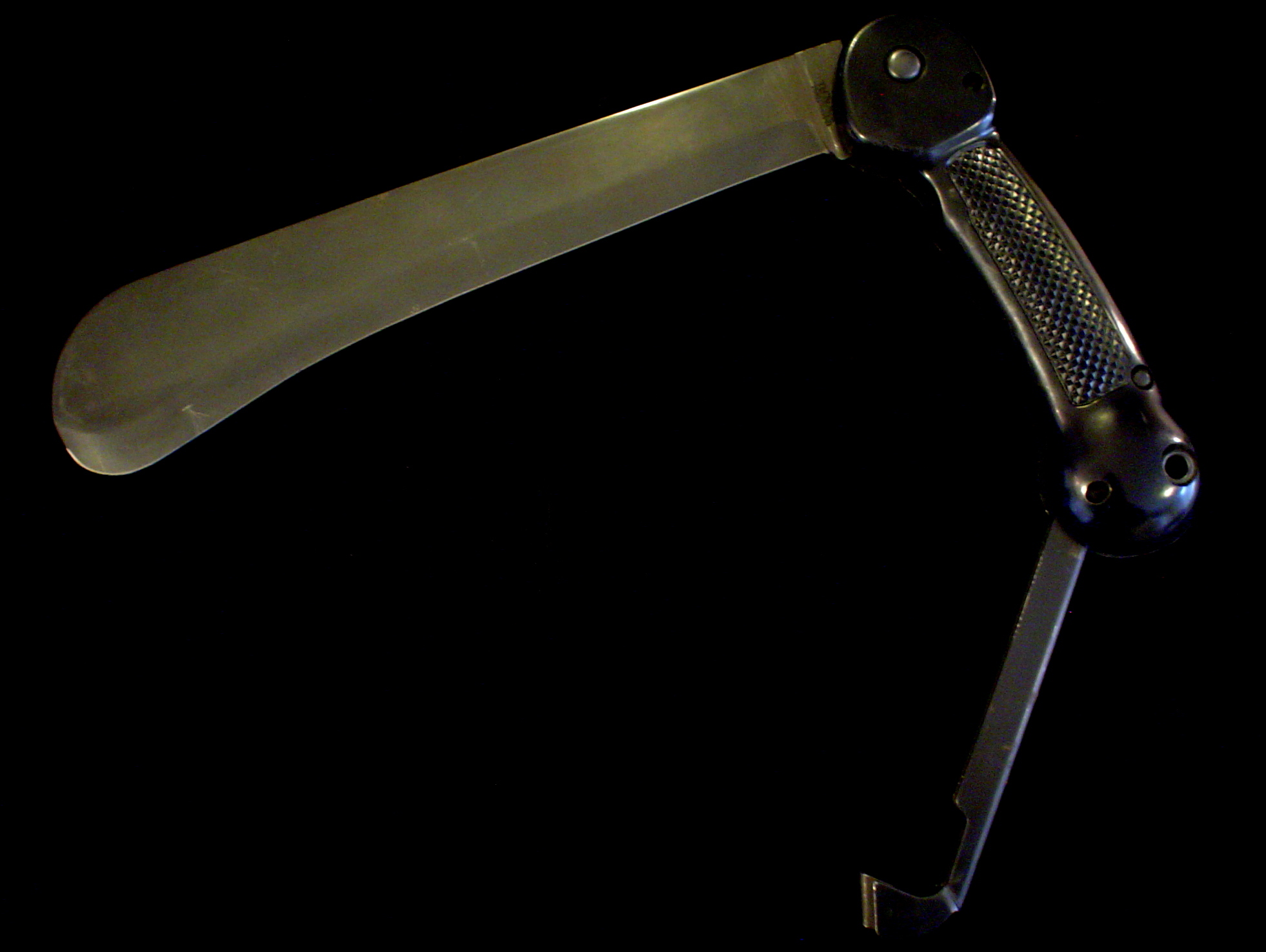- Joined
- Jan 12, 2009
- Messages
- 3,198
It always seems to get lost that they "locks" no matter what the mechanical device might be, are only safety features. They increase the likelihood of not having the blade close on your fingers or hand when using a knife improperly, or in case of an accident. I have been saved more than once by a lock in my work knives. Mostly, I find myself using the knife incorrectly when I slip on a ladder, in the mud or I misjudge the material I am cutting. Twisting the knife (and myself!) when slipping, sliding or falling, or pushing too hard on the knife is what causes my failures that make me glad I have lockers.
But it seems there are legions of folks that thing that a locker is nearly a fixed blade. They even brag about it. The best locks might not save those guys over a period of time.
BTW, the best advice I gave my nephew (proud recipient of a Benchmade mini-grip) is to use any knife like it is a slip joint. Always cut away from you, never twist the knife, don't pry with it, and keep it clean and sharp and you won't need to worry about "lockup". But should an accident or misfire on your part occur, you will be damn glad you had the safety feature.
So far, so good.
Robert
But it seems there are legions of folks that thing that a locker is nearly a fixed blade. They even brag about it. The best locks might not save those guys over a period of time.
BTW, the best advice I gave my nephew (proud recipient of a Benchmade mini-grip) is to use any knife like it is a slip joint. Always cut away from you, never twist the knife, don't pry with it, and keep it clean and sharp and you won't need to worry about "lockup". But should an accident or misfire on your part occur, you will be damn glad you had the safety feature.
So far, so good.
Robert


